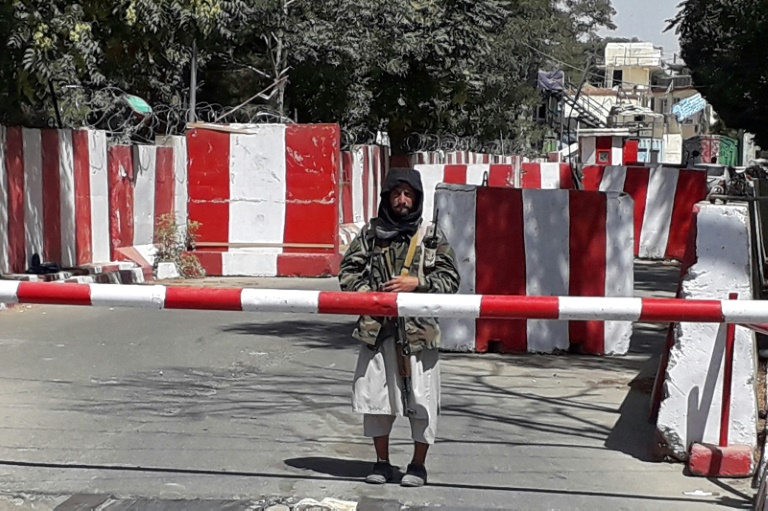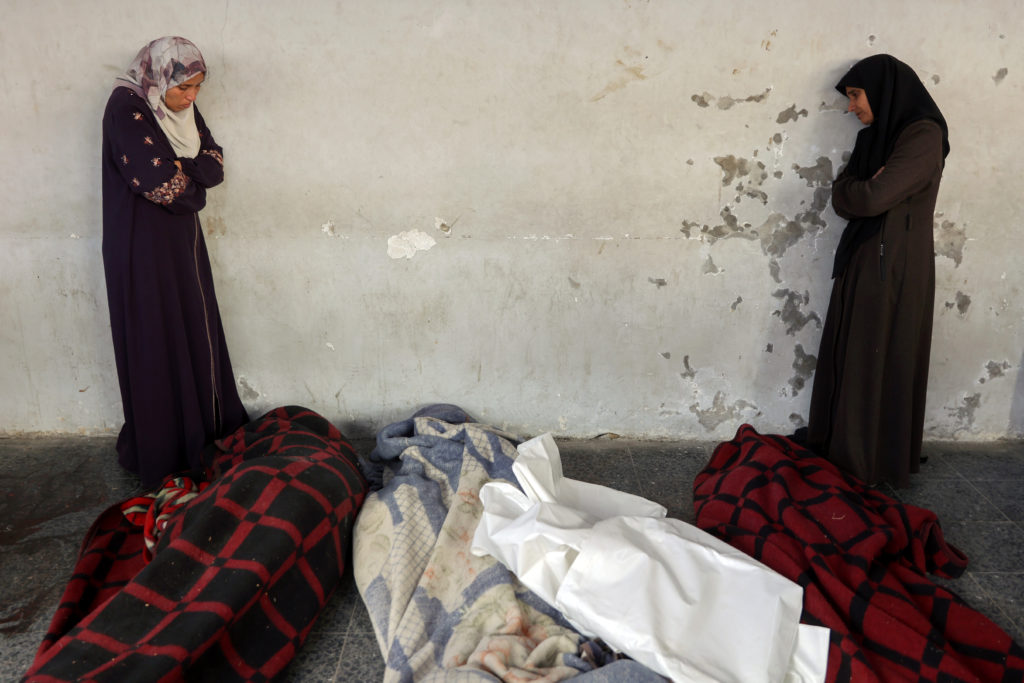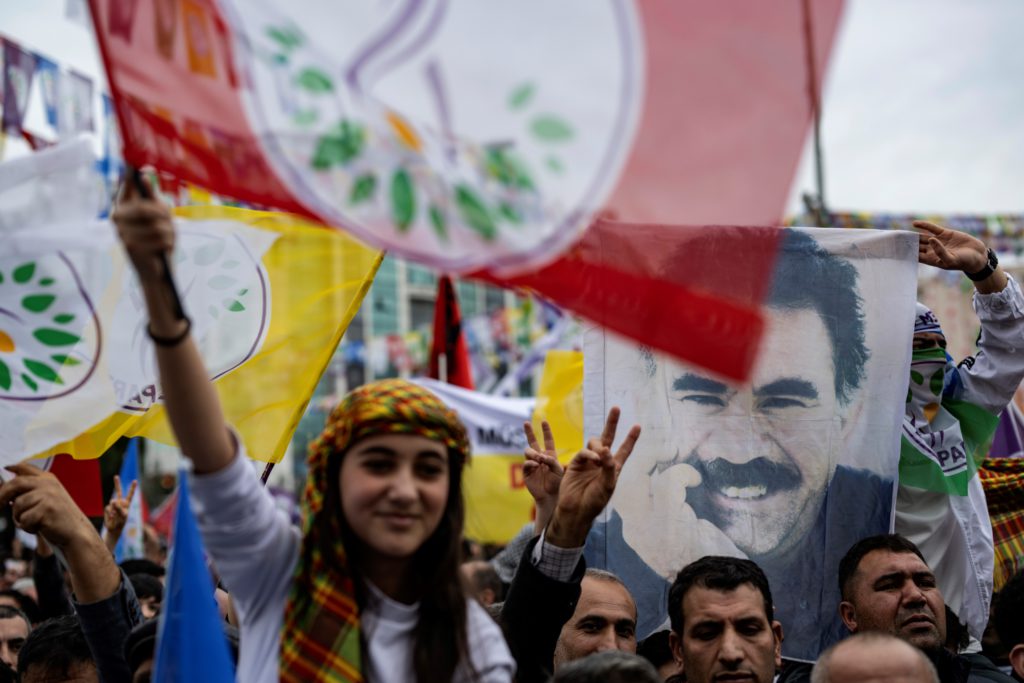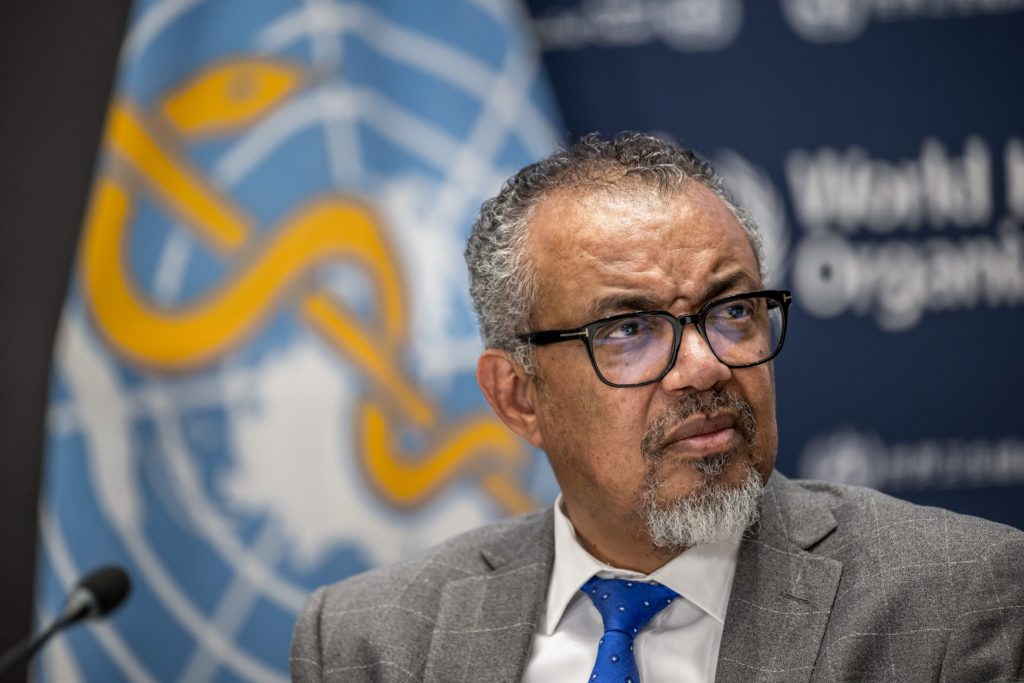Afghan forces abandoned the country’s third biggest city to the Taliban Thursday, hours after insurgents seized a key district capital close to Kabul in a lightning offensive that has seen them take more than half the country in a week.
The government has effectively lost most of north, south and west Afghanistan, and is left holding the capital and a dwindling number of contested cities also dangerously at risk.
After being under siege for weeks, government forces on Thursday pulled out of Herat — an ancient silk road city near the Iranian border — and retreated to a district army barracks.
“We had to leave the city in order to prevent further destruction,” a senior security source from the city told AFP.
A Taliban spokesman, however, tweeted that “soldiers laid down their arms and joined the Mujahideen”.
Earlier, the interior ministry confirmed the fall of Ghazni, about 150 kilometres (95 miles) from Kabul and along the major highway to Kandahar and Taliban heartlands in the south.
“The enemy took control,” spokesman Mirwais Stanikzai said in a message to media, adding later the city’s governor had been arrested by Afghan security forces.
Pro-Taliban Twitter feeds showed a video of him being escorted out of Ghazni by Taliban fighters and sent on his way in a convoy, prompting speculation in the capital that the government was angered with how easily the provincial administration capitulated.
In the end, Herat also fell with barely a fight.
“Right until this afternoon the situation in the city was normal,” resident Masoom Jan told AFP.
“Late afternoon everything changed. They (the Taliban) entered the city in rush. They raised their flags in every corner of the city.”
– Piling pressure –
As the rout unravelled, Kabul handed a proposal to Taliban negotiators in Qatar offering a power-sharing deal in return for an end to the fighting, according to a member of the government’s team in Doha, who asked not to be named.
The conflict has escalated dramatically since May, when US-led forces began the final stage of a troop withdrawal due to end later this month following a 20-year occupation.
The loss of Herat and Ghazni piles more pressure on the country’s already overstretched airforce, needed to bolster Afghanistan’s dispersed security forces who have increasingly been cut off from reinforcements by road.
Pro-Taliban social media accounts also boasted of the vast spoils of war their fighters had recovered in recent days, posting photos of armoured vehicles, heavy weapons, and even a drone seized by the insurgents at abandoned military bases.
In less than a week, the insurgents have taken 11 provincial capitals and encircled the biggest city in the north, the traditional anti-Taliban bastion of Mazar-i-Sharif.
Fighting was also raging in Kandahar and Lashkar Gah — pro-Taliban heartlands in the south.
An official in Lashkar Gah said Taliban fighters were inching closer to government positions after a massive car bomb badly damaged the city’s police headquarters Wednesday evening.
– Prison raids –
The blast forced local police to retreat to the governor’s office, while around 40 of their colleagues and one senior commander surrendered to the Taliban.
And in Kandahar, the Taliban said they had overrun the heavily fortified jail, saying “hundreds of prisoners were released and taken to safety”.
The Taliban frequently target prisons to release incarcerated fighters and replenish their ranks.
The loss of the prison is a further ominous sign for the country’s second city, which has been besieged for weeks by the Taliban.
Kandahar was once the stronghold of the insurgents — whose forces coalesced in the eponymously named province in the early 1990s — and its capture would serve as both a tactical and psychological victory for the militants.
Hundreds of thousands have been displaced by the fighting that has enveloped the country.
In recent days, Kabul has been swamped by the displaced, who have begun camping out in parks and other public spaces, sparking a fresh humanitarian crisis in the already overtaxed capital.
In Washington, defence officials appeared to be grappling with the spiralling situation but insisted Afghan security forces were still holding their ground.
“What we’re seeing, a deteriorating security situation, we’ve been nothing but candid about that,” Pentagon spokesman John Kirby told reporters Wednesday.
“But there are places and there are times, including today, where Afghan forces in the field are putting up a fight.”
bur-str-emh-ds-fox/sw











